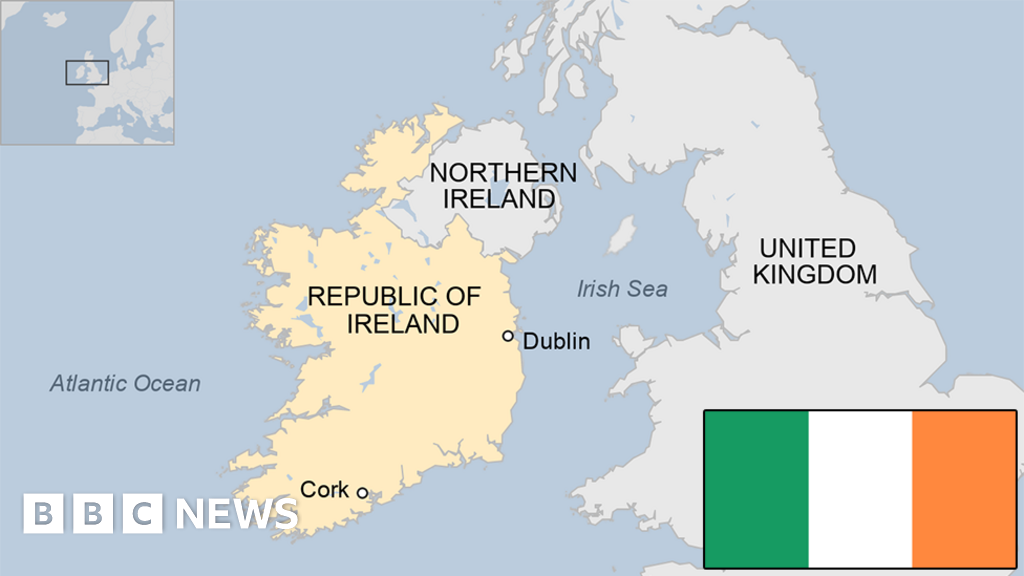1932 – De Valera becomes the head of government after the previous administration fails to deal with economic difficulties.
1937 – New elections. The voters return De Valera and also approve a new constitution which abolishes the Irish Free State and proclaims Éire (Irish for Ireland) as a sovereign, independent, democratic state.
1939 – Outbreak of World War Two. Country remains neutral, but many Irish citizens join the Allied forces.
1949 – Independence. The Republic of Ireland leaves the British Commonwealth.
1973 – Ireland joins the European Economic Community. Violence in Northern Ireland intensifies. Relations between Ireland and Britain are strained.
Early 1980s – Ireland faces severe economic problems, with rising debt and unemployment. Three elections are held in the space of less than two years.
1983 – Amendment to constitution enshrines right to life of unborn child, laying the foundation for strict anti-abortion laws.
1985 – Anglo-Irish Agreement gives Republic consultative role in government of Northern Ireland.
1991 – Ireland signs the Treaty on European Union at Maastricht and receives a guarantee that its anti-abortion law will not be affected.
1992 – Irish voters approve loosening of the abortion law. Access to information guaranteed, travel abroad for abortion permitted.
1997 – Divorce becomes legal under certain circumstances.
1998 – Good Friday Agreement approved by voters in Republic and Northern Ireland, establishing cross-community power-sharing assembly in North and ending Troubles.
2002 January – Euro replaces punt as national currency.
2002 – Small majority of voters rejects government attempt to tighten already strict anti-abortion laws in constitutional referendum.
2006 – Government launches a 20-year strategy to create a bilingual, Irish- and English-speaking society.
1990s – 2000s – Rapid economic growth earns Ireland reputation of “the Celtic Tiger”.
2008 – Global financial crisis hits Ireland hard. Unemployment reaches 11% in 2009 and 100,000 people protest in Dublin at the handling of the crisis. In 2010 Ireland agrees a bailout with the EU and IMF.
2011 – Queen Elizabeth pays official visit to Ireland, the first by British monarch since independence and symbolising the new relationship since 1998 Good Friday Agreement.
Vatican recalls its ambassador to Ireland amid tension over the issue of child abuse by priests.
2013 – Taoiseach Enda Kenny formally apologises for the Irish state’s role in the Magdalene laundries – harsh institutions in which “fallen women” were forcibly detained and made to work without pay between 1922 to 1996.
Parliament passes legislation that for first time allows abortion in limited circumstances.
2014 – President Michael Higgins makes official visit to Britain, the first by an Irish head of state.
2015 – Referendum approves same-sex marriage by large margin.
2016 – UK votes to leave the European Union. The issue of trade between the Republic of Ireland and Northern Ireland becomes a significant political issue for both London and Dublin.
2021 – Republic of Ireland receives €920m (£782m) from a European Commission fund designed to “mitigate the impact of Brexit”.

